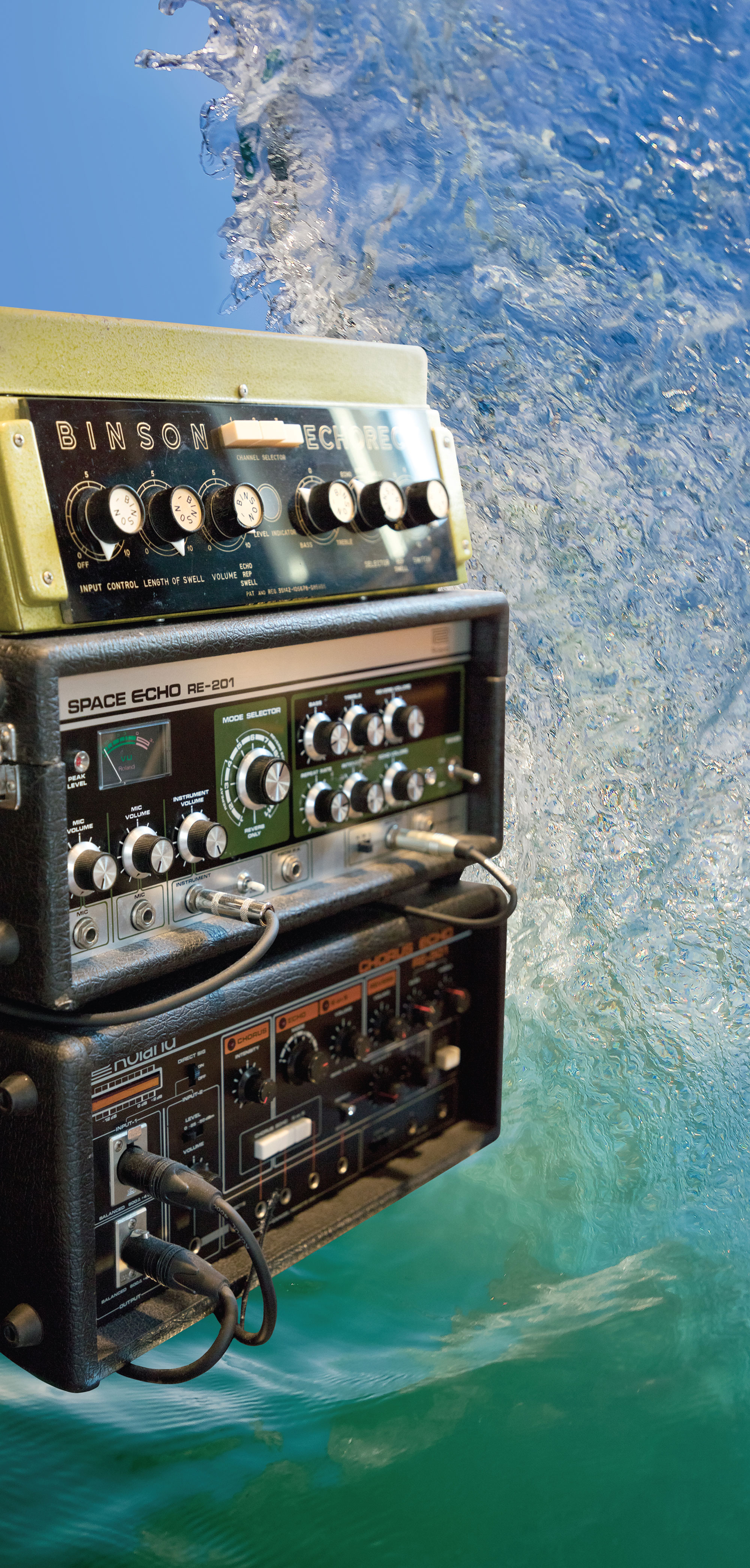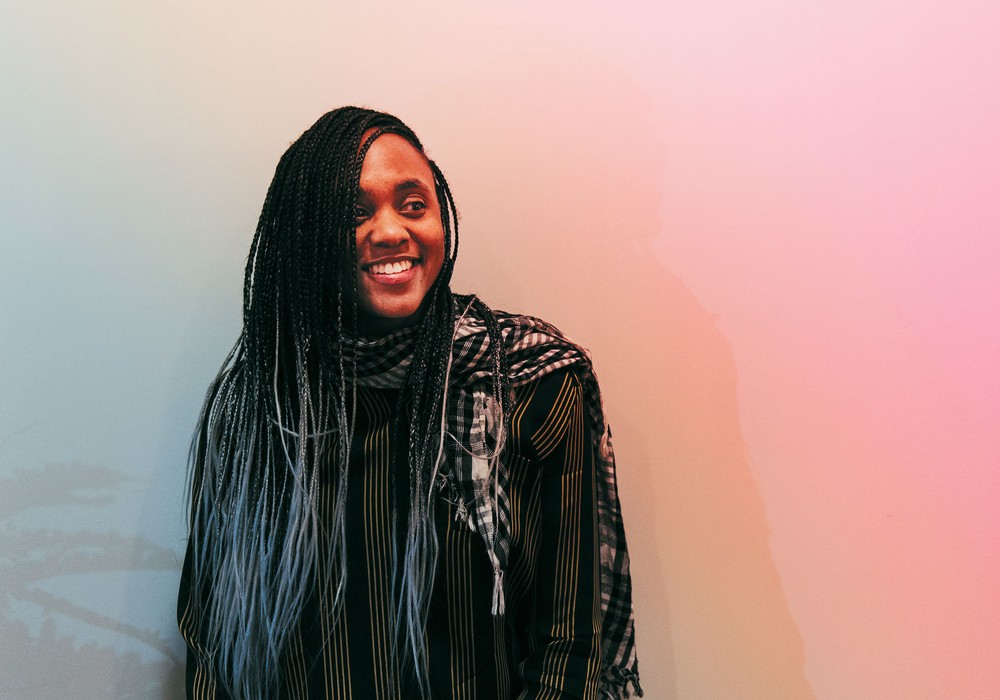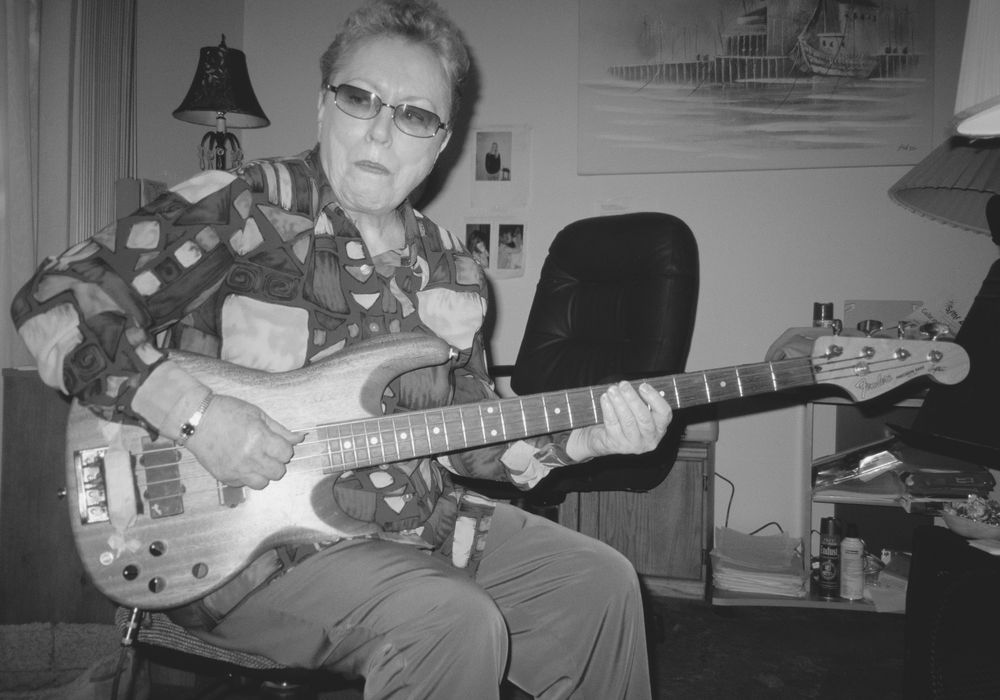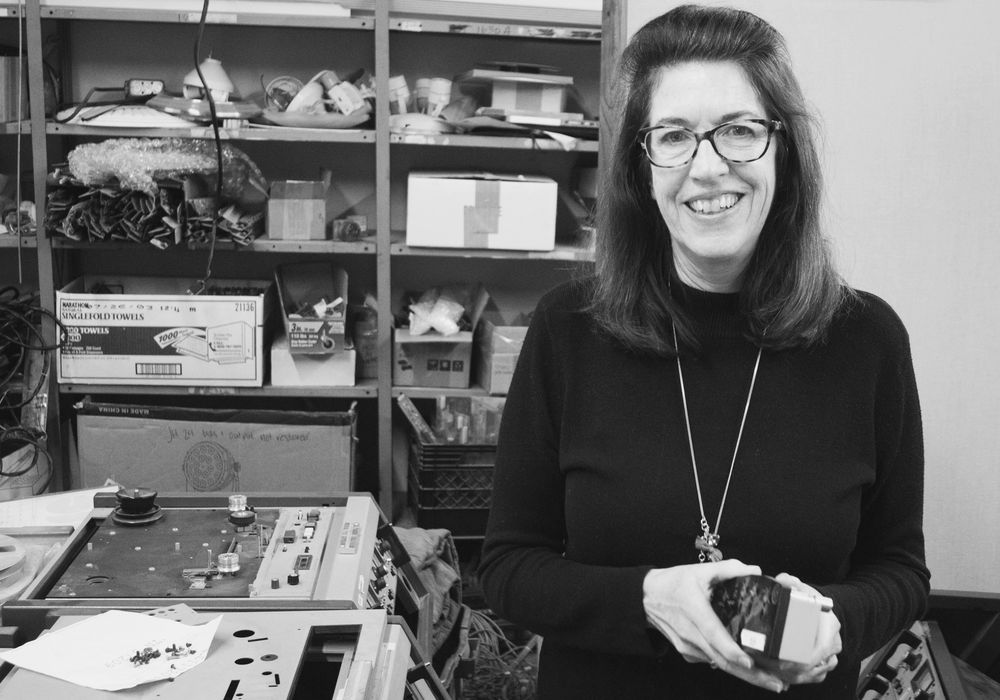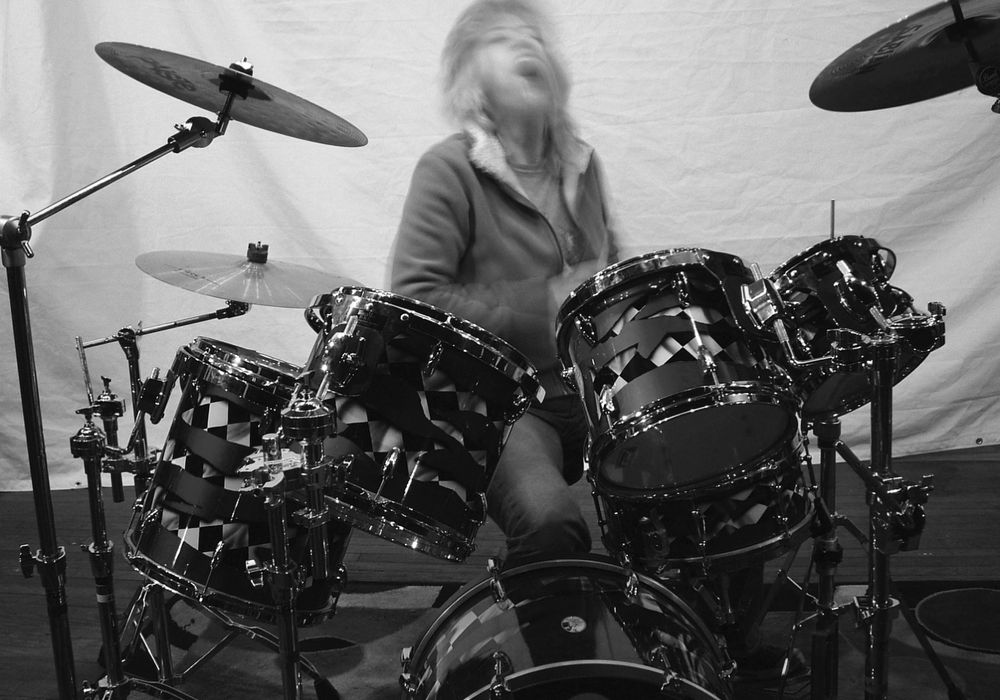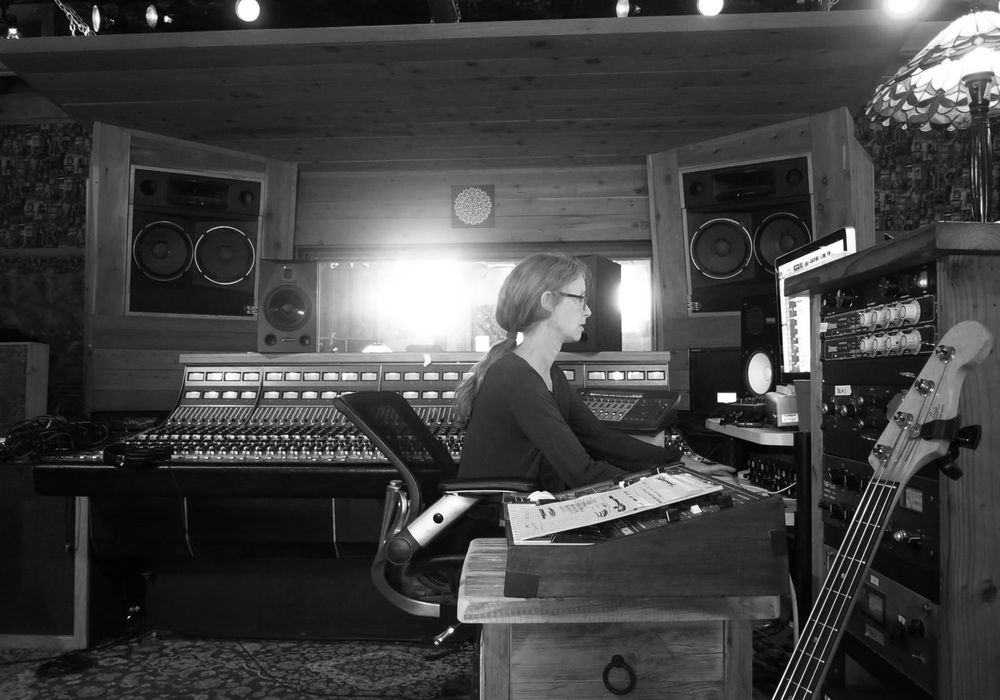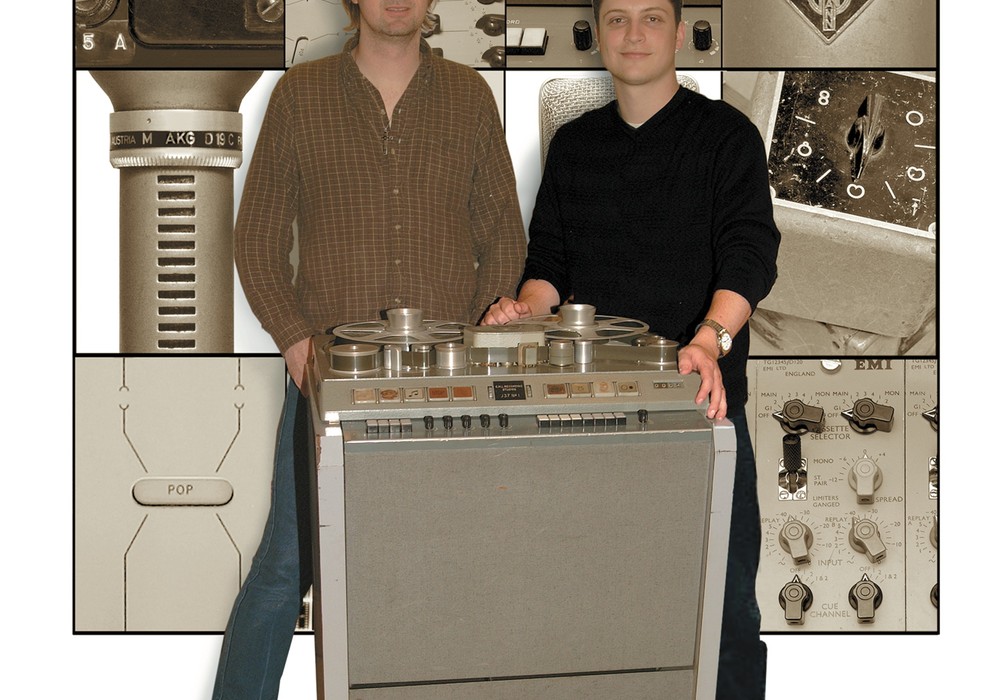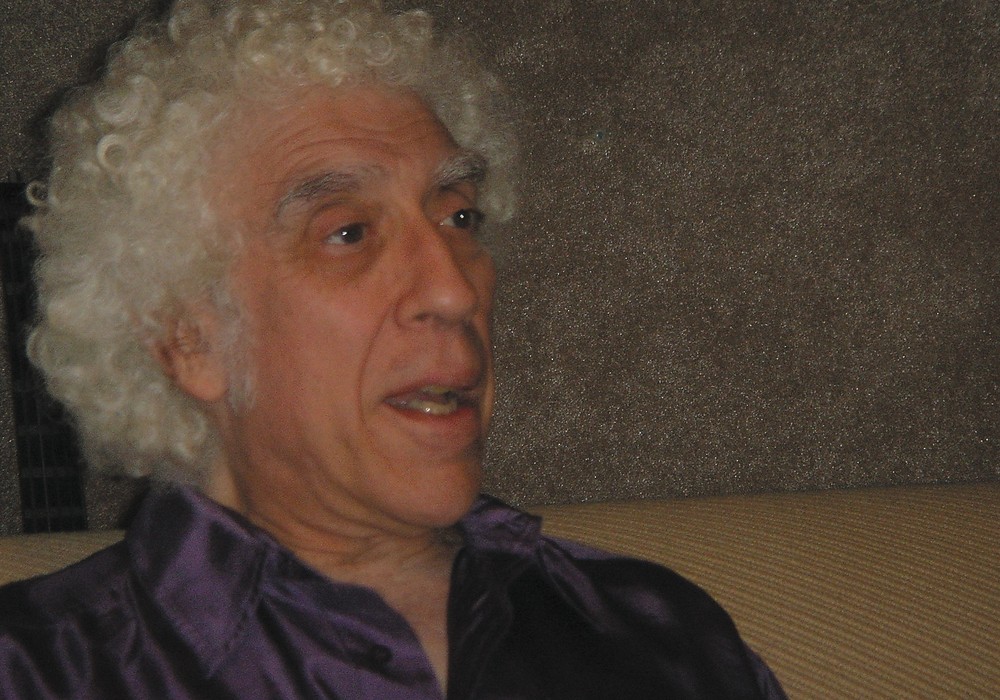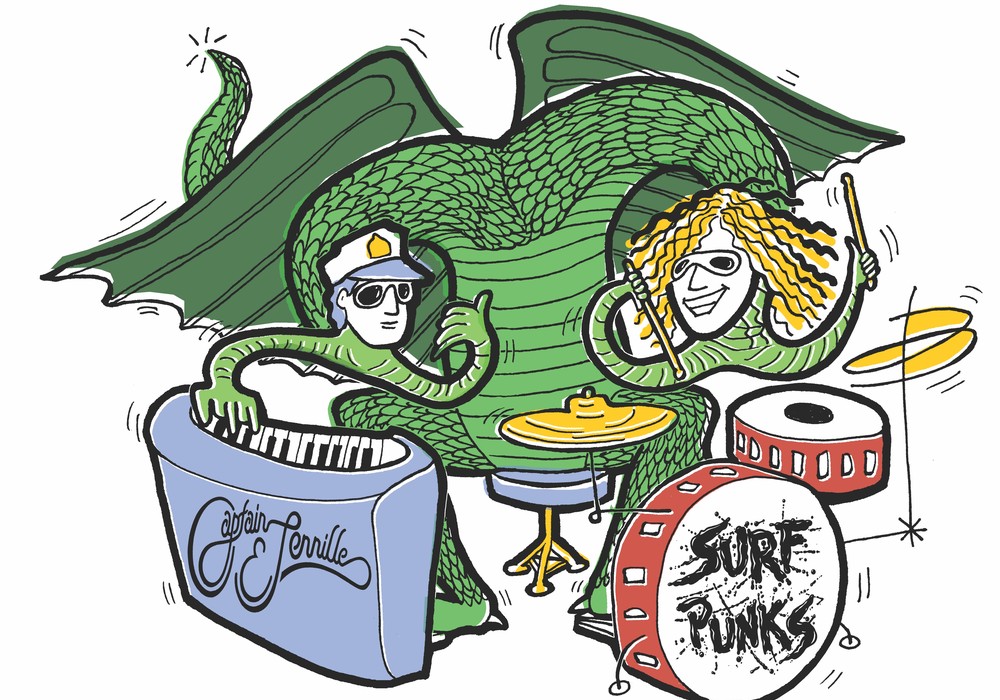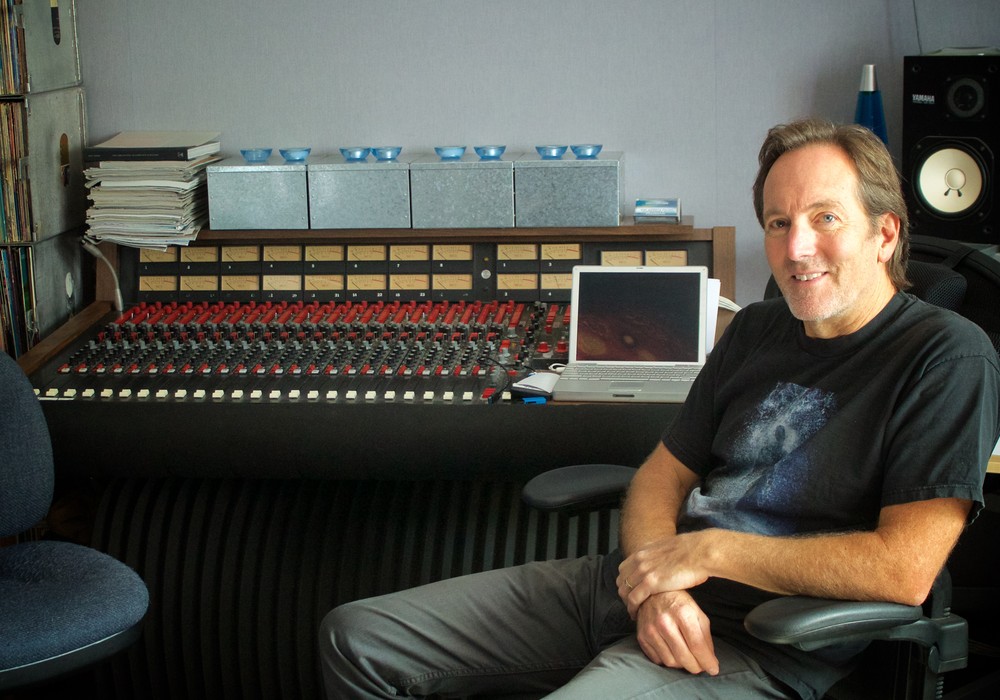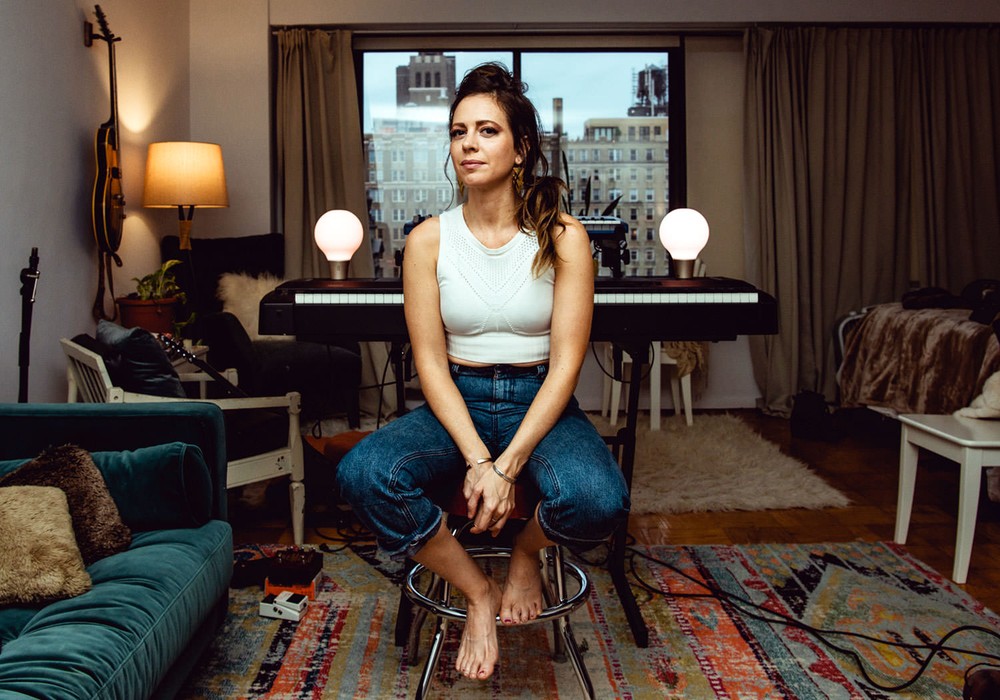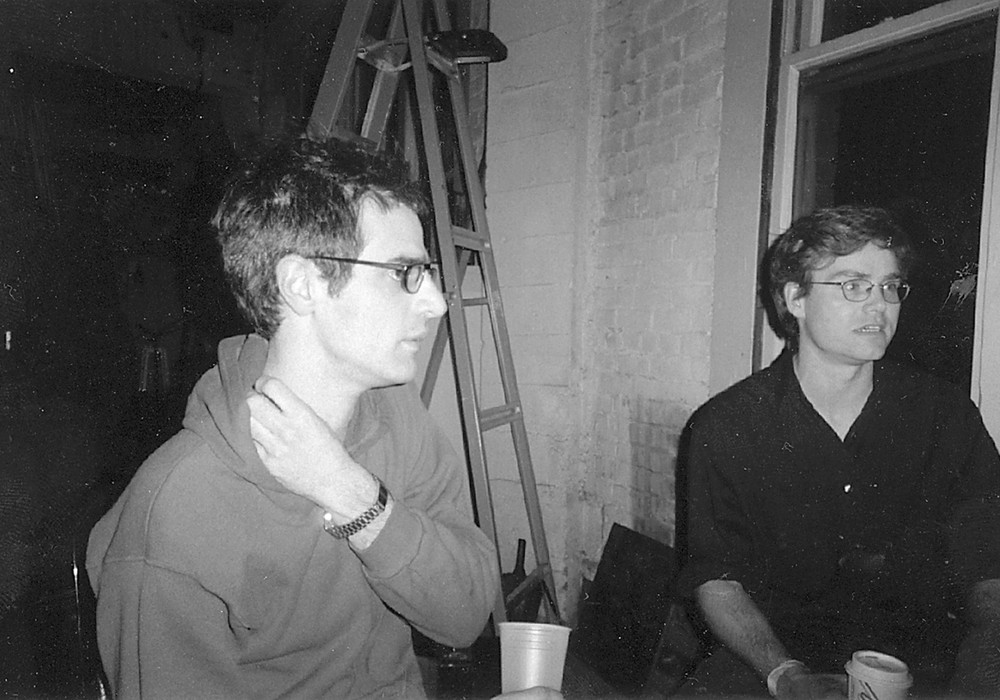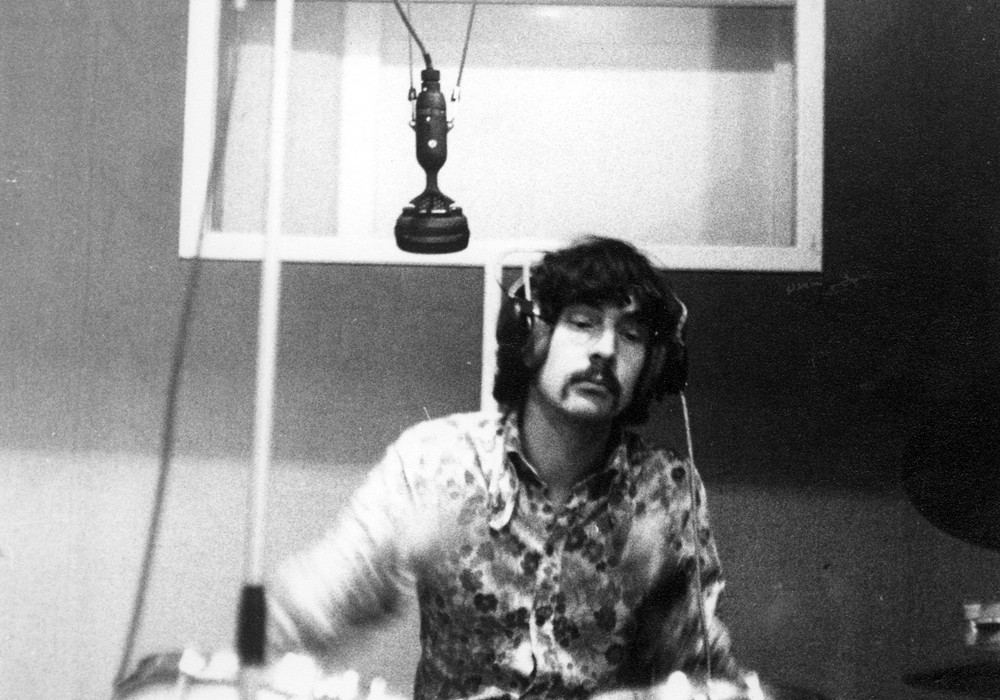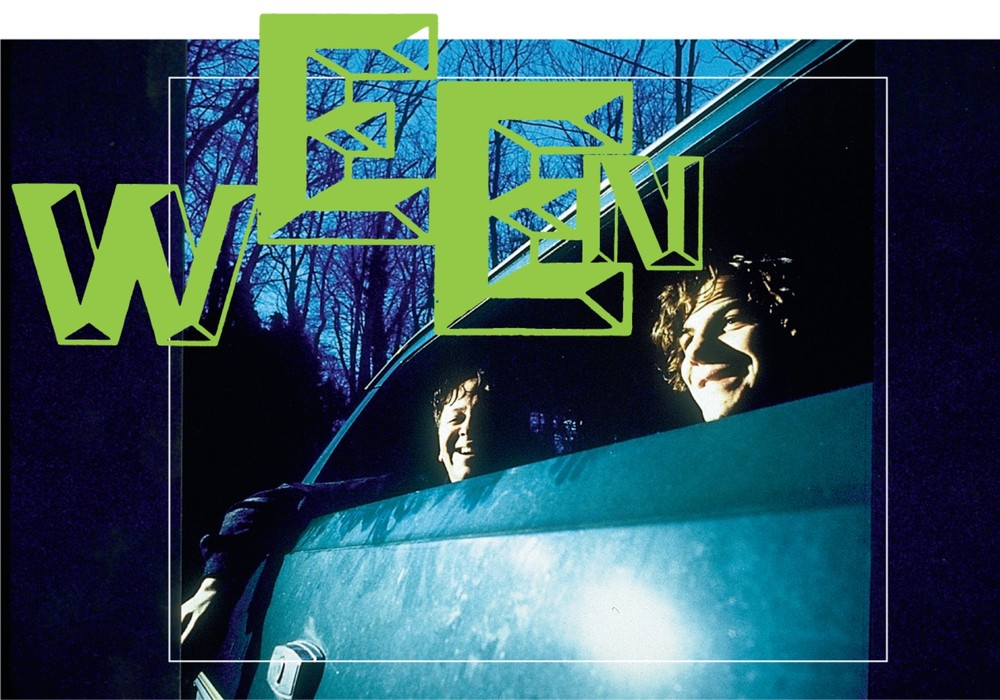Last year I had the opportunity to pay a visit to Atlantic Records, right off of Times Square in New York City, to have a conversation with their Senior Engineer, Ebonie Smith. We talked about her history as a producer and engineer, her favorite production tools and studio gear, her non-profit organization Gender Amplified, and the practice of being a lifelong student and teacher.
You have many credits as a producer, engineer, and mixing engineer. What do you identify with as your primary role in the recording process?
I'm an artist, first and foremost. I think that's the easiest way to encapsulate all of it. But I get paid to engineer and produce, primarily.
I know that you took the music tech program at NYU. Was it from there that you knew you were going to start producing and engineering?
I actually set my goal before that, when I was at Barnard College; part of Columbia University. Going to school there afforded me the ability to take classes at the Computer Music Center at Columbia. I was probably 18 or 19 at the time. I also had an opportunity through the college to study abroad in Cameroon [in Central Africa], which is where I started to learn about studio culture.
Were you working in a studio there?
I was working in a studio, bouncing around. I started my own band. I was in two bands at the same time and doing live gigs. I also did TV. I was able to get around overseas in a meaningful way that showed me that I liked the functionality of being a working engineer and working producer, because that's pretty much what I was doing. I was also an artist, singing and doing a little bit of songwriting as well. But that was prior to grad school. That's when I set my focus on [production], sometime between 18 and 20 years old. I was like, "Okay, this is what I'm going to do. I'm going to string together all the resources I possibly can and make them work towards this end goal."
How long have you been at Atlantic?
I've been working for Atlantic Records since August of 2013.
What is your role here?
Basically, my job encapsulates three areas. One is being an engineer. I'm a Senior Engineer, meaning I've been here the longest, I've worked on the most projects, and I typically have the most responsibility. When the artists come in to work on their projects, I'm usually the person they get assigned to work on their records. I've known many of these artists for a very long time, some of them from before they were signed. Engineering is about being the technical liaison between the artist and the technology in a way that allows sessions to flow very seamlessly. The artist should not have to think about anything when they come in the studio. There should be no technical difficulties that they are privy to, or that affect them as they are creating. It's my job to be the liaison. We have a ton of equipment here, and I'm responsible for knowing all of it. I've been expanding my knowledge as we've moved towards digital I/O, and I'm Dante certified through Audinate. I also set up most of our Dante peripherals in this room. So, that's another part of my job as an engineer; just maintaining the studio from a day-to-day and operational perspective, learning the technologies as we get them, getting my appropriate certifications, and making sure that I'm passing on that knowledge to our additional engineers.
Do you have any tips on how to keep the creative flow going in the studio?
I think the thing that keeps it flowing easily is that artists can get to work as soon as they arrive. I am not the type of engineer who arrives with the artist. I usually request at least two hours before, just to make sure that the studio is properly set up. I like to ensure that all the headphones are working, all the mics are up, there are no technical difficulties with any of the issues in the live room, making sure that all the cables are checked out, and making sure that all the instruments sound as they should sound. Making sure the guitars are properly tech'd, and the drums are tuned to taste. At least give the drummer a good starting point before he or she gets into the...
